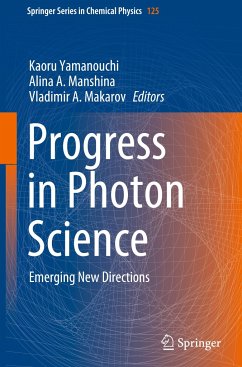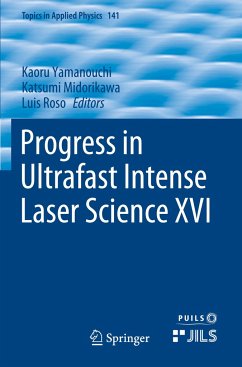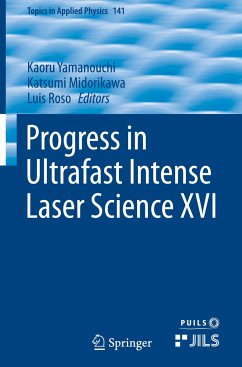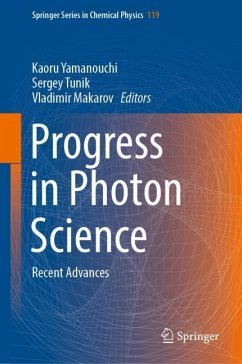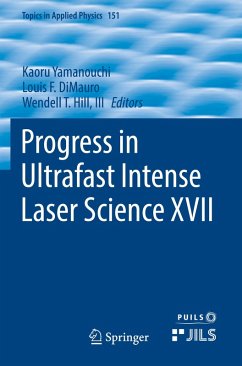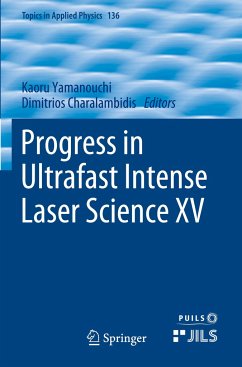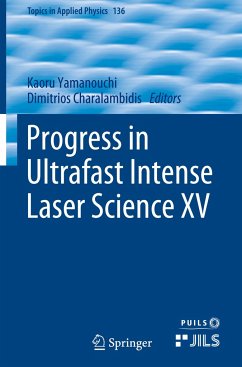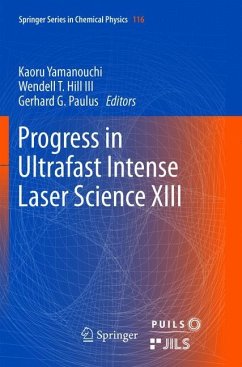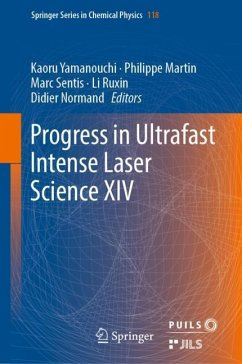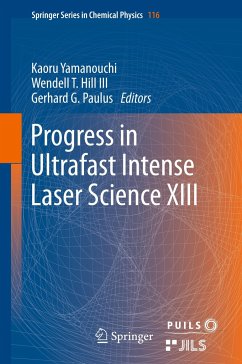Kaoru Yamanouchi is a full professor in the Department of Chemistry at the University of Tokyo and one of the world-leading scientists in the field of ultrafast intense laser science. He is an organizer of a series of international symposia in the field, such as the International Symposium on Ultrafast Intense Laser Science (ISUILS) series. He is the recipient of numerous awards and honors, such as the Morino Fellowship, the Chemical Society of Japan Award for Young Scientists, the Japan IBM Prize, the 67th Chemical Society of Japan (CSJ) Award, the 7th Japan Society for Molecular Science Award, and Medal of Honor with Purple Ribbon from the Japanese Government. He is the author of over 280 peer-reviewed publications and numerous books on the subject of ultrafast intense laser science. Alina Manshina is a full professor at the Institute of Chemistry at St. Petersburg State University since 2018. She specializes in laser chemistry and materials science and has developed the scientific fundamentals surrounding the creation of complex multiphase nanomaterials due to laser-initiated self-organization processes, resulting in novel hybrid nanostructures. She has published more than 100 scientific works and was awarded with the Silver Medal and Diploma for Innovation from the Belgian and International Trade Fair for Technological Innovation in 2007. She is the editorial board member of the Nature journal Scientific Reports, as well as the Journal of the European Optical Society-Rapid Publications. Currently, she is a scientific coordinator of the German-Russian International Scientific Council steering committee. Vladimir Makarov is Professor and Head of the Department of General Physics and Wave Processes, Moscow State University. Currently, his research interests are in the fields of laser physics, nonlinear optics, interaction of laser radiation with matter, applications of lasers in the life sciences, and fundamentals oflaser-ultrasonic spectroscopy. He is the author of over 200 peer-reviewed scientific publications. He is awarded with Russian President Prize (in the field of education) and Lomonosov Prize of Moscow State University for science. He is a member of the editorial board of the journals, Laser Physics, Laser Physics Letters, Bulletin of Moscow University, and Physics of Wave Phenomena. He has also served as a program committee and member of the international advisory board for many international conferences and symposia such as ICONO/LAT and LASPHYS.







